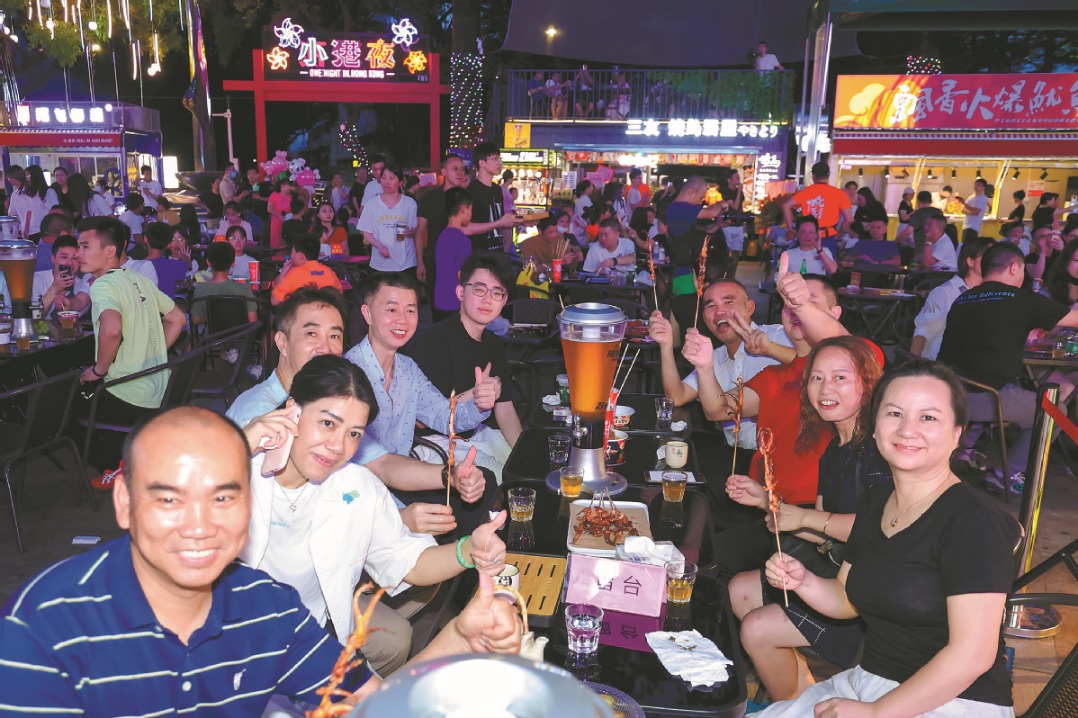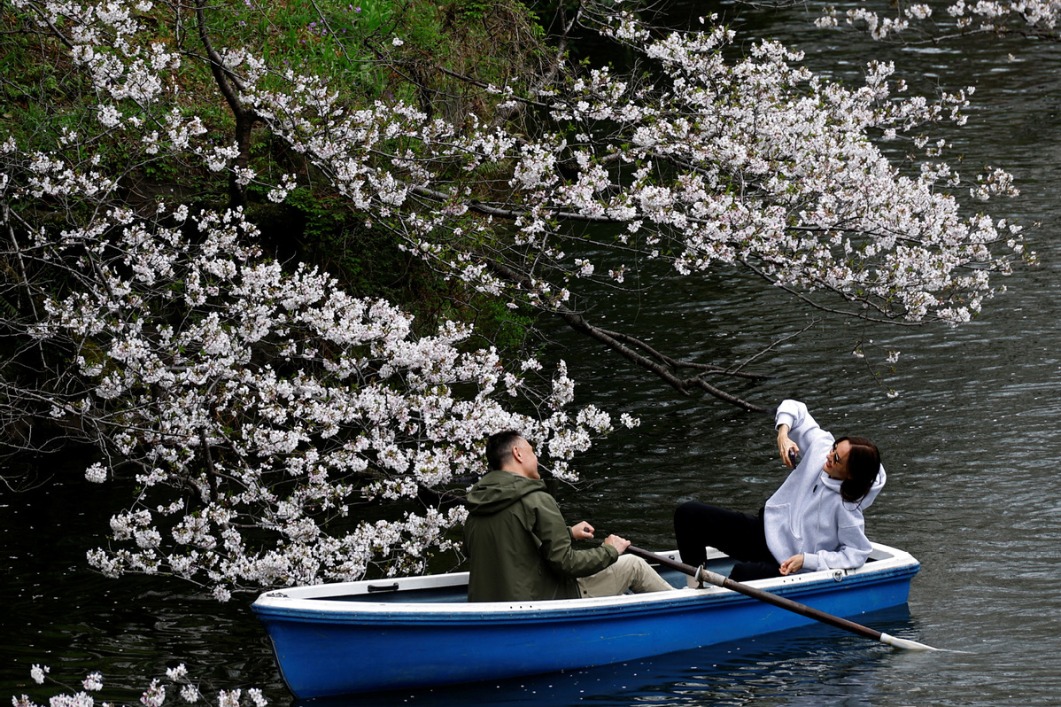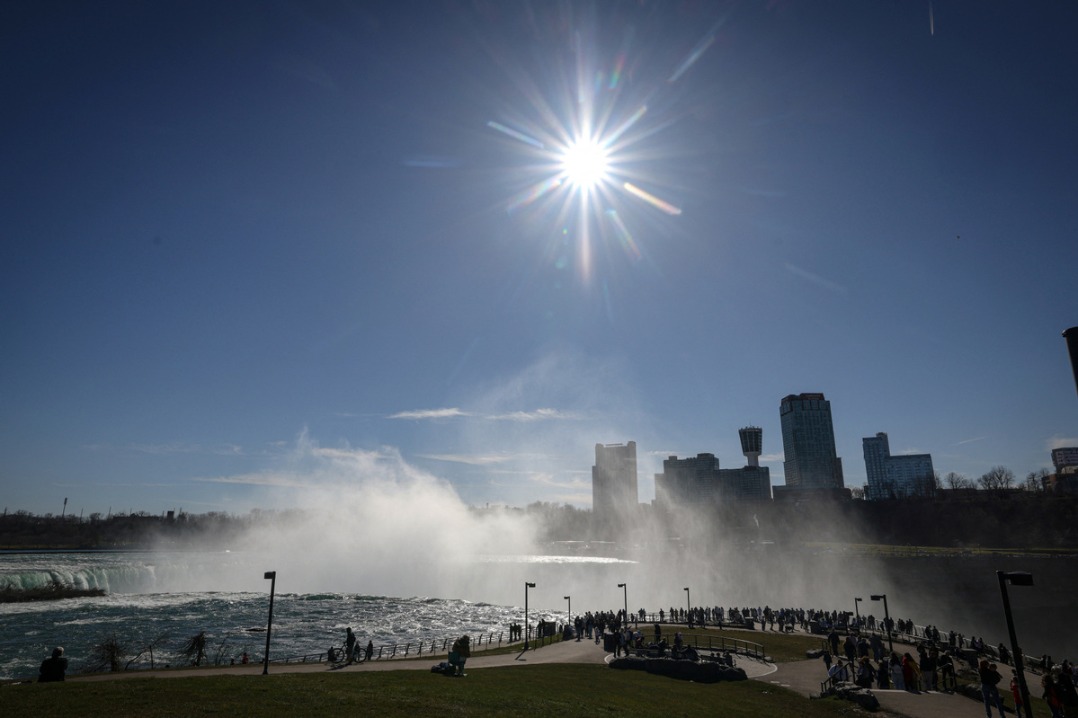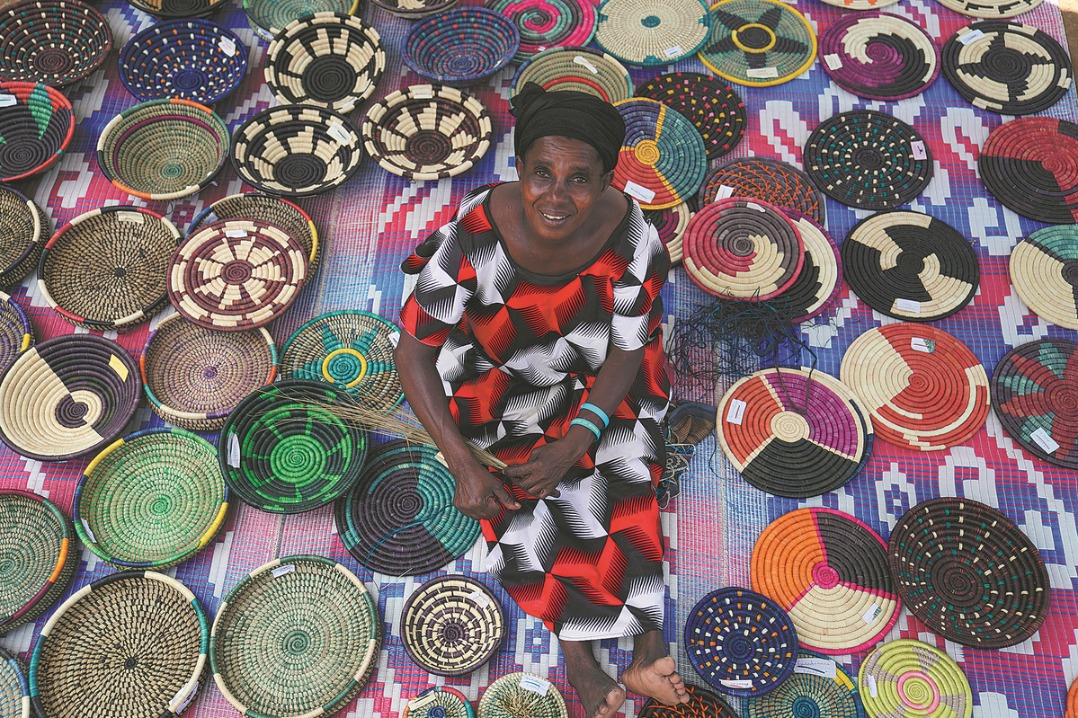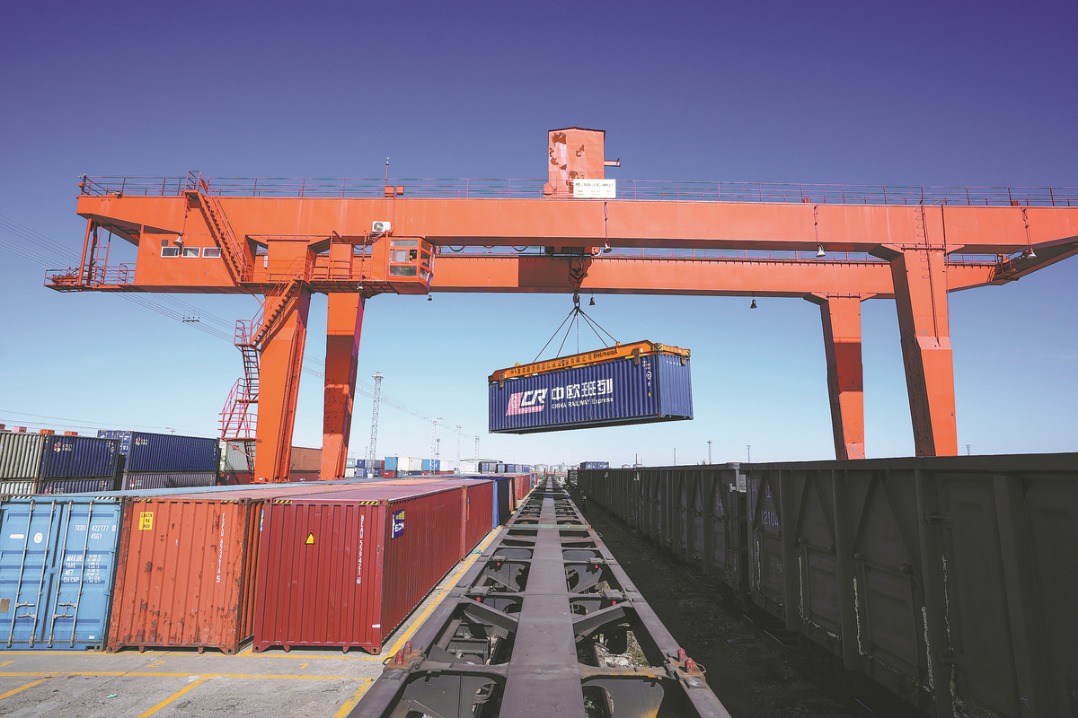Neolithic archaeological park in Yangtze River basin opens
Xinhua | Updated: 2019-12-03 10:19
Qujialing National Archaeological Park, a Neolithic archaeological culture site in the Yangtze River basin, has opened in Central China's Hubei province.
It was the site where prehistoric rice was first discovered in the middle reaches of the Yangtze River.
The Qujialing site was selected as one of the first 100 large site-conservation projects by the National Cultural Heritage Administration in 2005.
Approved by the administration, the national park covering an area of 400 hectares has been built with a total investment of 500 million yuan ($71 million) since 2016.
Luo Zujun, an official of the Qujialing park administration, said the site has been excavated four times. The exhibited area includes 12 archaeological spots displaying the culture's landscape and rice culture with ruins museums.
"Among 800 items on exhibition is 5,000-year-old japonica rice. The carbonized rice is the closest strain to the present rice variety," said Zhou Li, deputy director of the site conservation center.
Other relics include jade tomahawk, adze, stone axe and stone sickle. More than 8,000 eggshell-shaped painted pottery items have been unearthed at the Qujialing site.
"Being able to make refined pottery suggests our Neolithic ancestors had mastered the fast-wheeling ceramic-making technique," said Zhou.





